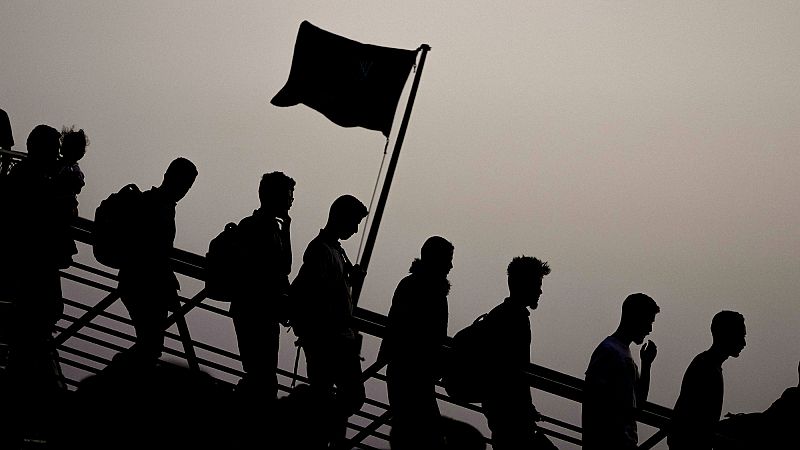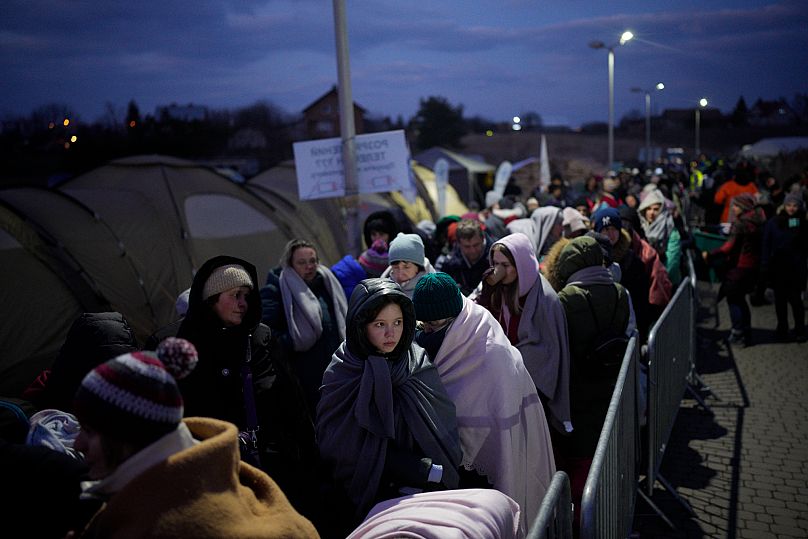
The UN High Commissioner for Refugees (UNHCR) has said the number of people forcibly displaced by violence and persecution around the world rose to more than 123 million by the end of 2024 — an increase of around 2 million from the previous year.
UNHCR said figures recorded at the end of last year show that displacement has almost doubled over the past decade.
The report comes at a time when humanitarian groups are facing budget cuts from the United States and other traditional Western donors.
UN refugee chief Filippo Grandi, however, highlighted what he called “rays of hope” in recent months, noting that nearly two million Syrians have returned home as the country begins to emerge from more than a decade of civil war.
The findings were released alongside the UN refugee agency’s Global Trends Report on Thursday, which estimated that by the end of April 2025, the number of forcibly displaced people worldwide had likely fallen slightly — down 1% to 122.1 million — marking the first decline in more than a decade.
Among those figures, the number of internally displaced people jumped by more than 9% to 73.5 million at the end of last year.
The numbers represent cumulative figures from years of conflict, violence, and persecution — and include people who returned home last year, even as others fled.
UNHCR said nearly two-thirds of people who crossed national borders to flee remained in neighbouring countries, countering the "widespread perception in wealthier regions" that a majority of people were fleeing in a bid to reach places like Europe or the United States.
Key areas for displacement
The agency said Sudan, torn by civil war, is now the site of the world’s largest displacement crisis, with more than 14 million people uprooted — surpassing Syria’s 13.5 million.
Many of those fleeing the ongoing conflict between the Sudanese army and the paramilitary Rapid Support Forces (RSF) have fled to neighbouring countries like South Sudan, Chad and Egypt.

In Afghanistan, more than 10 million people have been forcibly displaced. While active fighting has largely ceased, the UNHCR notes that widespread poverty and hunger persist, and some countries have implemented policies to deport undocumented migrants, including Afghan nationals.
The report also notes that Russia’s full-scale invasion of Ukraine continues to drive large-scale displacement.
Some 8.8 million Ukrainians have been displaced by the fighting, 3.7 million internally and 5.1 million who have sought refuge in other countries.







